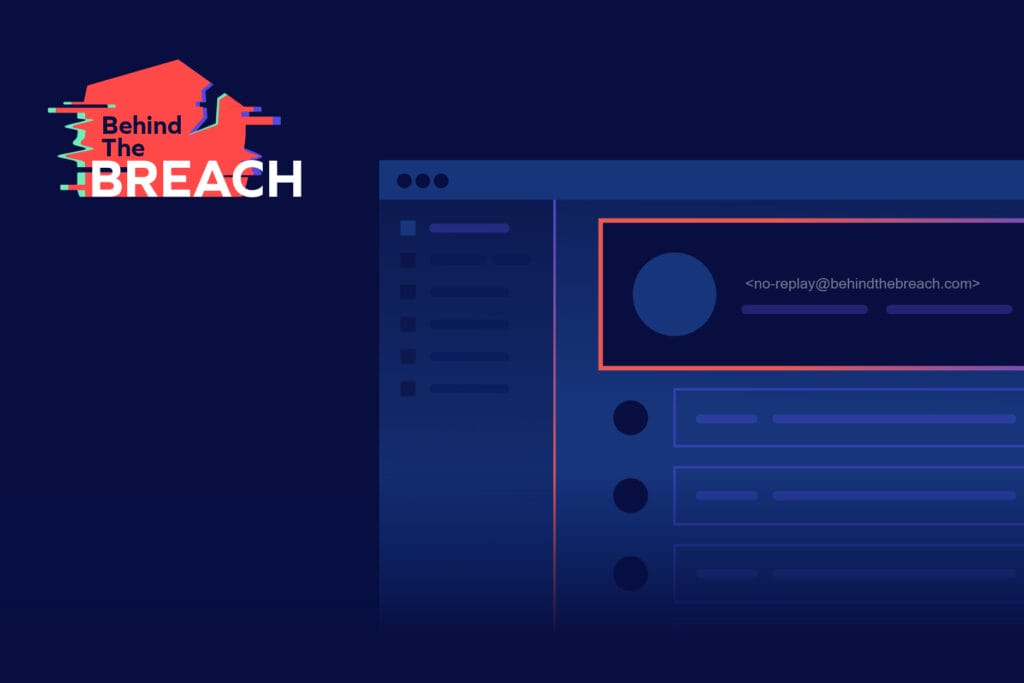How are you taking care of your vendors? Building and maintaining positive vendor relationships as a B2B company is essential for risk management, cost control, and overall business continuity. However, vendor management can be time-consuming and tedious. Keep reading to learn more about vendor management and how you can automate key parts of the process to improve the relationship while saving your team time.
What Is Vendor Management?
Vendors are companies that provide businesses with the goods and services they need to thrive. Because a business needs vendors to function, the vendor-business relationship should be a positive experience for both parties. A symbiotic vendor-business relationship requires a streamlined and organized lifecycle — the process should save both parties as much time as possible and produce consistent value.
Vendor management includes everything on the business’s side of the relationship — from vetting vendors and onboarding to handling invoices and communicating expectations. Automating the vendor management process and key parts of the lifecycle can help your business increase operational efficiencies without reducing quality or hindering communication.
What Are the Challenges of Managing Day-to-Day Vendor Relationships?
A strong vendor relationship ensures a reliable supply chain, consistent quality, and favorable terms that can enhance operational efficiency and profitability. Strategic partnerships with vendors can also foster innovation for your business. So, what could be holding your vendor management back? Here are seven challenges that can impact how you manage vendors on a daily basis.
1. Budget and Resources
Are you investing properly in the vendor management process? There are significant costs associated with building and maintaining vendor relationships, including negotiating favorable terms and ensuring cost-effectiveness. Poor cost management in your vendor relationships can impact how profitable and competitive your company can be.
2. Communication Gaps
Ineffective communication can lead to misunderstandings, missed deadlines, and unresolved issues. Keeping all stakeholders informed and ensuring clear, consistent communication with vendors is essential for a smooth working relationship.
Working with international vendors can introduce additional challenges related to cultural and language differences. Understanding and navigating these differences is important for building strong, effective partnerships.
3. Fraud and Security Risks
Proactive vendor risk management strategies are essential for minimizing potential disruptions and protecting your reputation. Businesses should know the threats associated with their vendors, such as financial instability, poor performance, and cybersecurity threats.
Protecting sensitive vendor information and ensuring data accuracy can be challenging, particularly when dealing with many vendors. Data breaches and inaccuracies can compromise vendor trust and lead to regulatory penalties.
4. Consistent Quality
Do you match deliverables to invoices and assess vendor quality? Continuously tracking and evaluating vendor performance and goods against key performance indicators (KPIs) is necessary to ensure they meet your business’s standards.
And addressing issues when they arise takes time. It’s important to resolve issues surrounding pricing, quality, and delivery times, though this can be time-consuming and strain relationships if not handled well.
5. Contract Management
Creating, managing, and renewing vendor contracts requires meticulous attention to detail. Mismanaging contracts can result in missed renewal dates, non-compliance with contract terms, and potential legal disputes.
Handling invoices and vendor payments manually can be time-consuming. A manual payment process is prone to errors, which can lead to delays and discrepancies.
6. Vendor Onboarding
It takes time to build a healthy and streamlined relationship with your vendors. There are many crucial steps you need to take to reduce vendor fraud, and it can be difficult to streamline the process. The job of onboarding new vendors can be lengthy and complex as you collect and verify various documents.
7. Scalability
As a business grows, managing an increasing number of vendor relationships becomes more complex. To scale vendor management processes while maintaining quality relationships, you need robust tools that help you find efficiency and stay organized.
Automate Daily Vendor Tasks to Save Time
With so many challenges and key factors impacting vendor relationship management, how can you find areas to save your team time? Here are nine areas where you can automate daily tasks to support your vendor relationships.
Vendor Onboarding
To streamline vendor onboarding, you need platforms that automatically collect and verify vendor information. The initial process should ensure all necessary documentation is received and validated quickly. This can include automated background checks, tax document verification, and compliance checks to ensure vendors meet all regulatory requirements right from the start.
Contract Management
Automating contract creation, approval, and renewal processes ensures that vendor agreements are managed efficiently. Contract management systems can send automated reminders for contract renewals, track compliance with contract terms, and store all vendor contracts in a secure, centralized repository for easy access.
Vendor Performance Monitoring
Automated performance monitoring tools can continuously assess vendor performance against predefined KPIs, such as delivery times, quality of goods or services, and compliance with contract terms. These tools can generate regular performance reports and alert management to any issues that require attention.
Purchase Order Management
Automating the creation, approval, and tracking of purchase orders helps ensure that orders are processed quickly and accurately. Automated systems can match purchase orders with invoices and delivery receipts, reducing the risk of discrepancies and ensuring timely payments.
Communication and Collaboration
Platforms that integrate communication tools enable automated updates and notifications to vendors about order status, payment schedules, and compliance requirements. These systems can facilitate seamless communication between businesses and their vendors, improving collaboration and resolving issues more efficiently.
Compliance and Risk Management
Automated compliance management tools can continuously monitor vendor activities to ensure adherence to regulatory requirements and internal policies. Vendor risk management systems can assess and mitigate potential risks associated with vendors, such as financial instability or cybersecurity threats, by providing real-time risk assessments and alerts.
Data Analytics and Reporting
Automation platforms can generate detailed analytics and reports on vendor performance, financial transactions, and compliance metrics. These insights enable businesses to make data-driven decisions, optimize vendor relationships, and identify areas for improvement.
Bank Validation
Automating bank validation processes ensures that vendor bank account details are verified promptly and accurately, reducing the risk of payment fraud and errors. Platforms equipped with automated bank validation tools can instantly cross-check bank account information, flagging discrepancies and preventing fraudulent transactions before they occur.
Invoice Processing and Fraud Checks
Businesses can automate the extraction of invoice data, match it against purchase orders and delivery receipts to ensure accuracy and compliance. This not only speeds up the invoice approval process but also minimizes human errors and detects potentially fraudulent activities. Additionally, automated workflows can route invoices to the appropriate departments for quick review and approval, further streamlining the vendor payment process and reducing bottlenecks.
Trustmi Helps Automate Vendor Payment Processing
Trustmi helps automate the vendor payment process, streamlining the entire workflow to ensure accuracy, efficiency, and security. With Trustmi’s advanced platform, businesses can automate invoice validation, bank account verification, and payment scheduling to significantly reduce manual errors and prevent fraudulent transactions.
Plus, the Trust Network is an additional vendor risk management tool to check your vendors by using a crowd-sourced network. Our platform offers full visibility into payment statuses and vendor interactions to help you build lasting relationships.
By leveraging Trustmi, businesses can enhance their financial controls, improve vendor relationships, and free up valuable resources to focus on strategic growth initiatives. Ready to see how Trustmi can transform your vendor payment processes and secure your business operations? Contact us today to get started.





